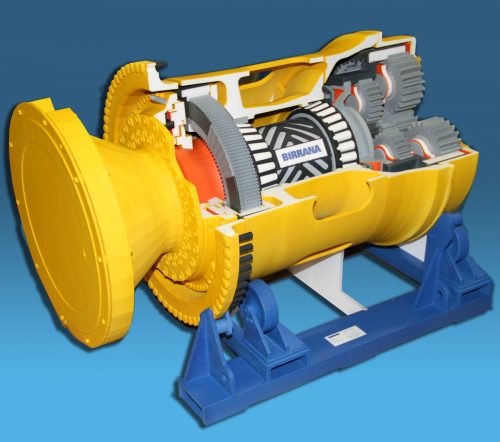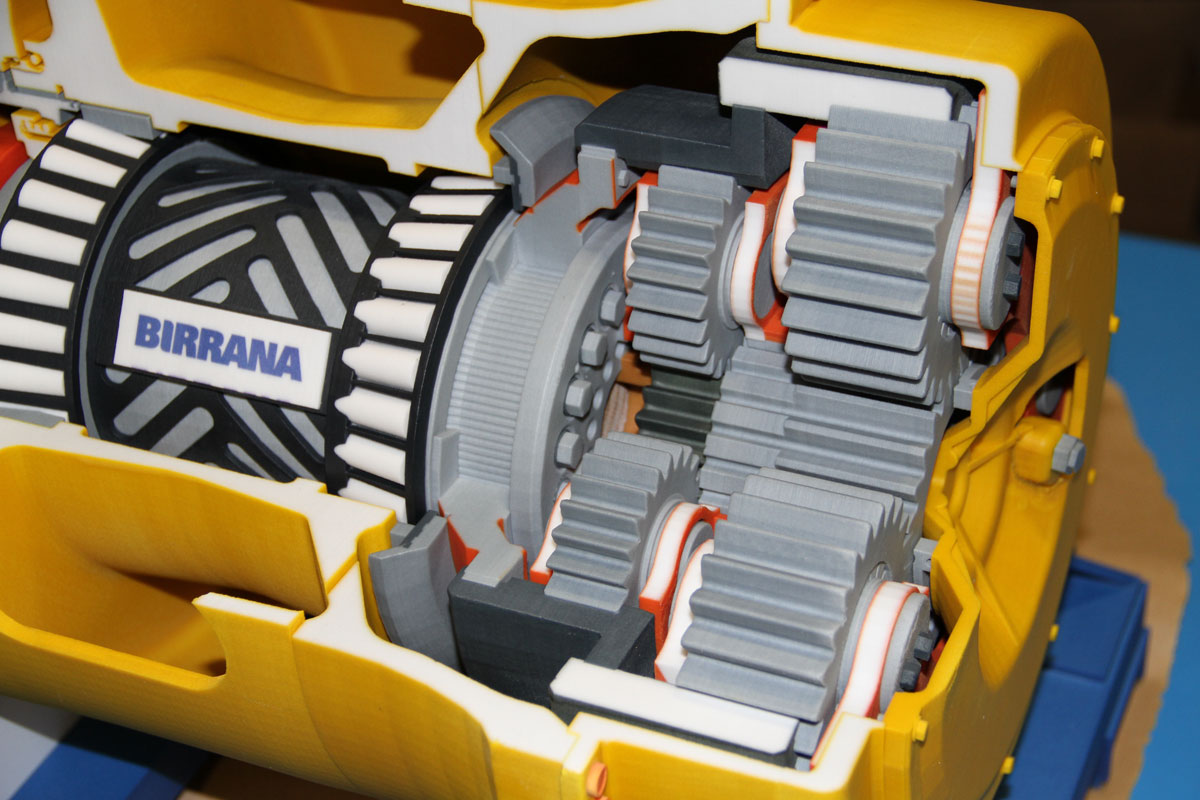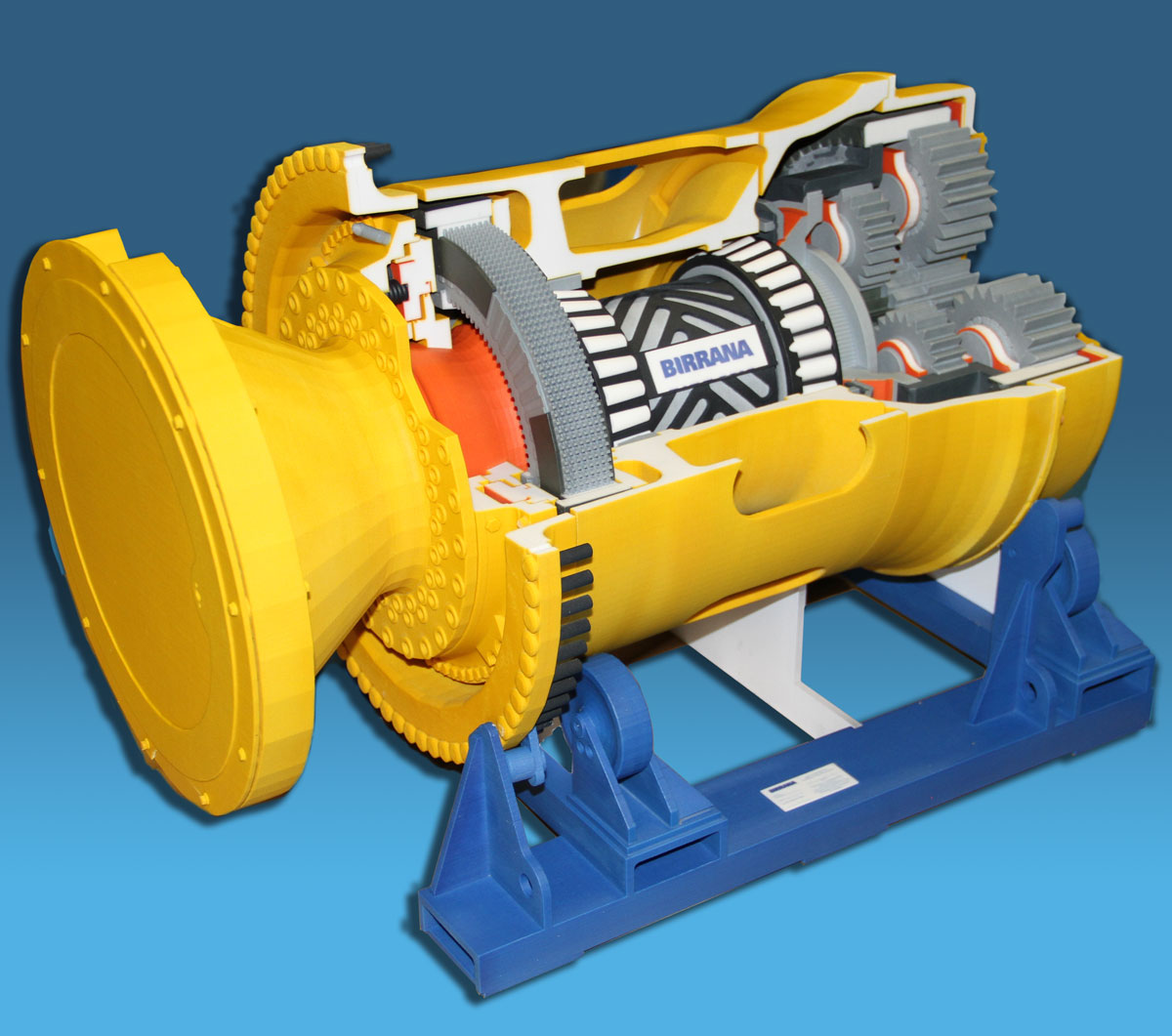Gearbox Models
Gearbox Models
We Build Custom Scaled 3D Gearbox Models
Did you know we make
custom
3D gearbox models?

Unveiling the Dynamic World of Gearbox Models: Exploring Innovation and Functionality
Gearbox models stand as the unsung heroes of mechanical engineering, intricately designed to facilitate the transfer of power in a multitude of applications. From the smooth hum of an automobile’s transmission to the rhythmic whir of industrial machinery, gearbox models play a pivotal role in ensuring seamless operation and optimal performance. In this in-depth exploration, we embark on a journey through the dynamic landscape of gearbox models, uncovering their diverse designs, functionalities, and the fascinating process of fabricating gearbox scale models.
The Foundation of Mechanical Power: Understanding Gearbox Basics
At the heart of every gearbox model lies a complex system of gears, shafts, and bearings, meticulously arranged to transmit power from one source to another. Gears, with their varying shapes and sizes, dictate the speed and torque conversion within the gearbox, allowing for precise control and optimization of mechanical output. By adjusting gear ratios, gearbox models can adapt to different operating conditions, whether it be propelling a vehicle forward or driving industrial machinery with precision.

Navigating the Gearbox Landscape: Exploring Different Models and Designs
The world of gearbox models is vast and diverse, encompassing a myriad of designs tailored to suit specific applications and preferences. From manual transmissions to continuously variable transmissions (CVTs), each gearbox model offers unique features and advantages, catering to the diverse needs of industries and consumers alike.
Manual Transmissions: The Timeless Choice for Driving Enthusiasts
Manual transmissions, also known as stick shifts, offer drivers a high level of control and engagement, allowing them to manually select gear ratios for optimal performance. With the satisfying click of a gear lever and the precise engagement of a clutch, manual transmissions provide an immersive driving experience cherished by enthusiasts worldwide.
Automatic Transmissions: Seamlessly Shifting Gears for Convenience
In contrast, automatic transmissions prioritize convenience and ease of use, employing hydraulic and electronic systems to automatically shift gears based on driving conditions. With smooth and seamless gear changes, automatic transmissions enhance driving comfort and efficiency, making them the preferred choice for everyday commuting and long-distance travel.
Continuously Variable Transmissions (CVTs): Redefining Efficiency and Performance
Continuously variable transmissions (CVTs) represent a paradigm shift in gearbox technology, offering an infinite number of gear ratios for optimal efficiency and performance. By utilizing a pulley and belt system or chain drive, CVTs seamlessly vary the gear ratio to match engine speed with vehicle speed, resulting in smoother acceleration, improved fuel efficiency, and reduced engine wear.
Dual-Clutch Transmissions (DCTs): Blending Performance with Precision
Dual-clutch transmissions (DCTs) bridge the gap between manual and automatic transmissions, offering lightning-fast gear changes without interrupting power delivery. With two separate clutches—one for odd-numbered gears and another for even-numbered gears—DCTs deliver sporty performance and enhanced fuel efficiency, making them a popular choice for performance-oriented vehicles.

The Art of Fabricating Gearbox Scale Models: Crafting Precision and Detail
While gearbox models serve as functional components in real-world applications, their scale models offer a fascinating glimpse into the intricate craftsmanship and attention to detail that goes into their fabrication. Gearbox scale models, meticulously crafted to replicate their larger counterparts, showcase the beauty of mechanical engineering in a compact and tangible form.
Design and Prototyping: Bringing Concepts to Life
The fabrication process begins with meticulous design and prototyping, where skilled engineers translate conceptual ideas into detailed blueprints and schematics. Utilizing advanced computer-aided design (CAD) software, engineers model complex gear geometries and simulate their performance under various conditions. Through iterative design iterations and prototyping, gearbox scale models take shape, capturing the essence of their real-world counterparts in miniature form.
Material Selection and Machining: Precision Craftsmanship at Work
Once the design is finalized, attention turns to material selection—a critical aspect of fabricating gearbox scale models. High-quality materials such as steel, aluminum, and titanium are chosen for their superior mechanical properties and durability. Using precision machining techniques, skilled craftsmen meticulously shape and assemble gears, shafts, and housings with sub-millimeter tolerances, ensuring smooth operation and optimal performance.
Assembly and Finishing Gearbox Scale Models: Bringing It All Together
As individual components take shape, they undergo meticulous assembly and finishing, where skilled technicians carefully fit gears, bearings, and seals together to form the complete gearbox assembly. Each component is meticulously inspected and validated to ensure proper fit and functionality. With meticulous attention to detail and a keen eye for craftsmanship, gearbox scale models are brought to life, ready to showcase the intricacies of mechanical engineering to enthusiasts and professionals alike.

Conclusion: Unlocking the Mysteries of Gearbox Models
In conclusion, gearbox models represent a pinnacle of mechanical engineering, serving as the backbone of vehicles, machinery, and countless other applications. From the timeless simplicity of manual transmissions to the innovative efficiency of continuously variable transmissions (CVTs), the diverse array of gearbox models reflects the ingenuity and creativity of the engineers who design them. As we continue to push the boundaries of innovation and technology, gearbox models will play a pivotal role in driving progress and shaping the future of transportation and industrial machinery. And through the meticulous craftsmanship and attention to detail showcased in gearbox scale models, enthusiasts can appreciate the beauty and complexity of these mechanical marvels in a tangible and captivating form.